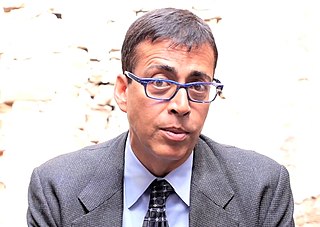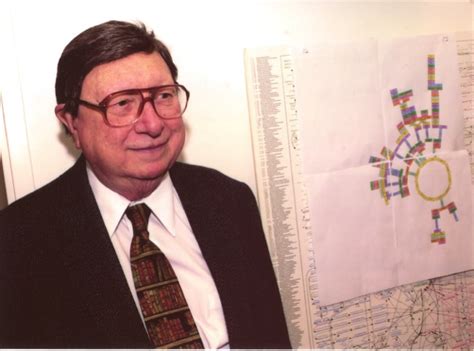A Quote by Brad Feld
Computer science needs to be part of the core curriculum - like algebra, biology, physics, or chemistry. We need all schools to teach it, not just 10%.
Related Quotes
I took biology in high school and didn't like it at all. It was focused on memorization. ... I didn't appreciate that biology also had principles and logic ... [rather than dealing with a] messy thing called life. It just wasn't organized, and I wanted to stick with the nice pristine sciences of chemistry and physics, where everything made sense. I wish I had learned sooner that biology could be fun as well.
I know we can all remember the days of sitting in algebra class asking ourselves, 'why will I need algebra or chemistry in the future?' The answer was and still remains that advanced math and science classes help high school students develop their analytical and cognitive skills and better prepare them to compete in college and the workplace.
One of the problems we've had is that the ICT curriculum in the past has been written for a subject that is changing all the time. I think that what we should have is computer science in the future - and how it fits in to the curriculum is something we need to be talking to scientists, to experts in coding and to young people about.


































